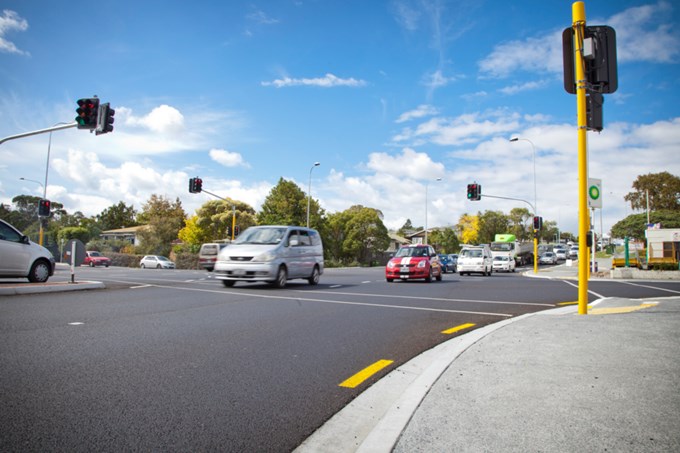Auckland Transport wants to dramatically reduce deaths and serious injuries on the region's roads. It is proposing a new bylaw to reduce speeds on some of Auckland's most dangerous roads.
From 28 February, AT is seeking public feedback on its plans. The consultation is open for submissions until Sunday 31 March.
AT Chairman Dr Lester Levy says the lowering speeds is one of the quickest and most effective tools we have to reduce road trauma.
"Auckland is facing a road safety crisis and our top priority is to address this. We want Aucklanders to give us feedback on our draft bylaw, for us to continue our work to make our streets healthier and safer for everyone."
AT has identified the areas that pose the greatest safety risk. This includes roads with high death and serious injury rates as well as those with large numbers of vulnerable road users - those walking, riding bikes and on scooters.
Approximately 90 per cent of the total area AT wants to reduce the speeds of are rural roads. In urban areas, such as the city centre and some town centres, the new proposed speed limit will be 30km/h.
AT Chief Executive Shane Ellison says AT is using robust, independent data to determine safe and appropriate speeds.
"We appreciate that some parties believe 30km/h is too slow and that 40km/h is more appropriate, however our first priority is peoples' lives.
"For roads in built-up areas like the city and town centres, where there is a higher number of people walking, cycling and e-scootering, the safe impact speed is internationally defined as 30km/h and there is a mountain of research to support this.
"The impact on a child being hit by a car is different to the impact on a healthy adult. Our priority is to make our roads safe for the most vulnerable."
Another common concern is that slowing speeds will make journey times significantly slower.
Mr Ellison says, "There is also local and international research to show that journey times will be slowed, but only by a few seconds. Those few seconds just aren't worth a life.
"Research shows that reducing the maximum speed from 100km/h to 80km/h on a 10km length of road increases the trip time by 30 to 48 seconds. That's a small price to pay."
If adopted the proposed speed limit changes will come into effect in August this year. To find out which streets are included in the proposed changes and to provide feedback, go to AT.govt.nz/speed


